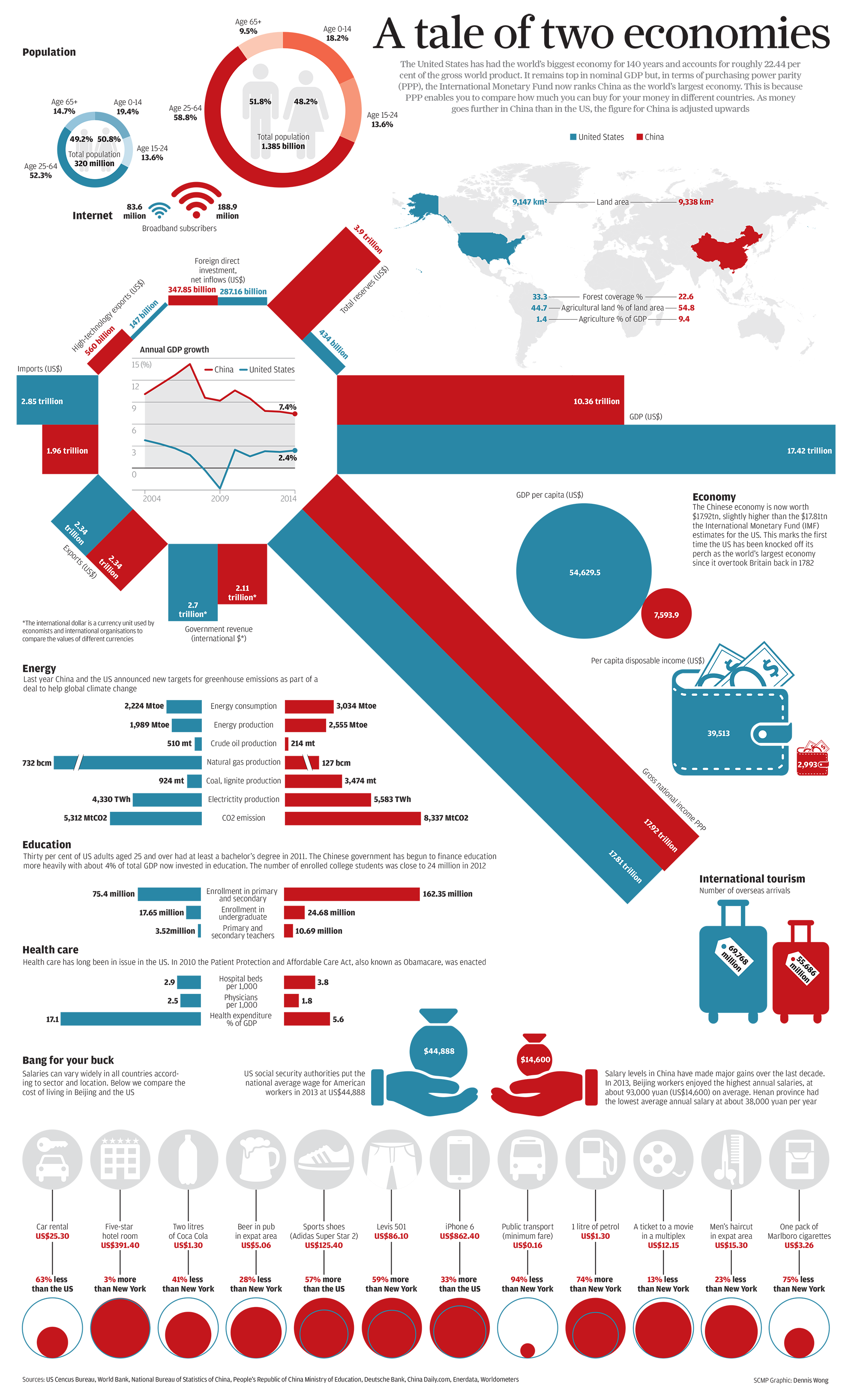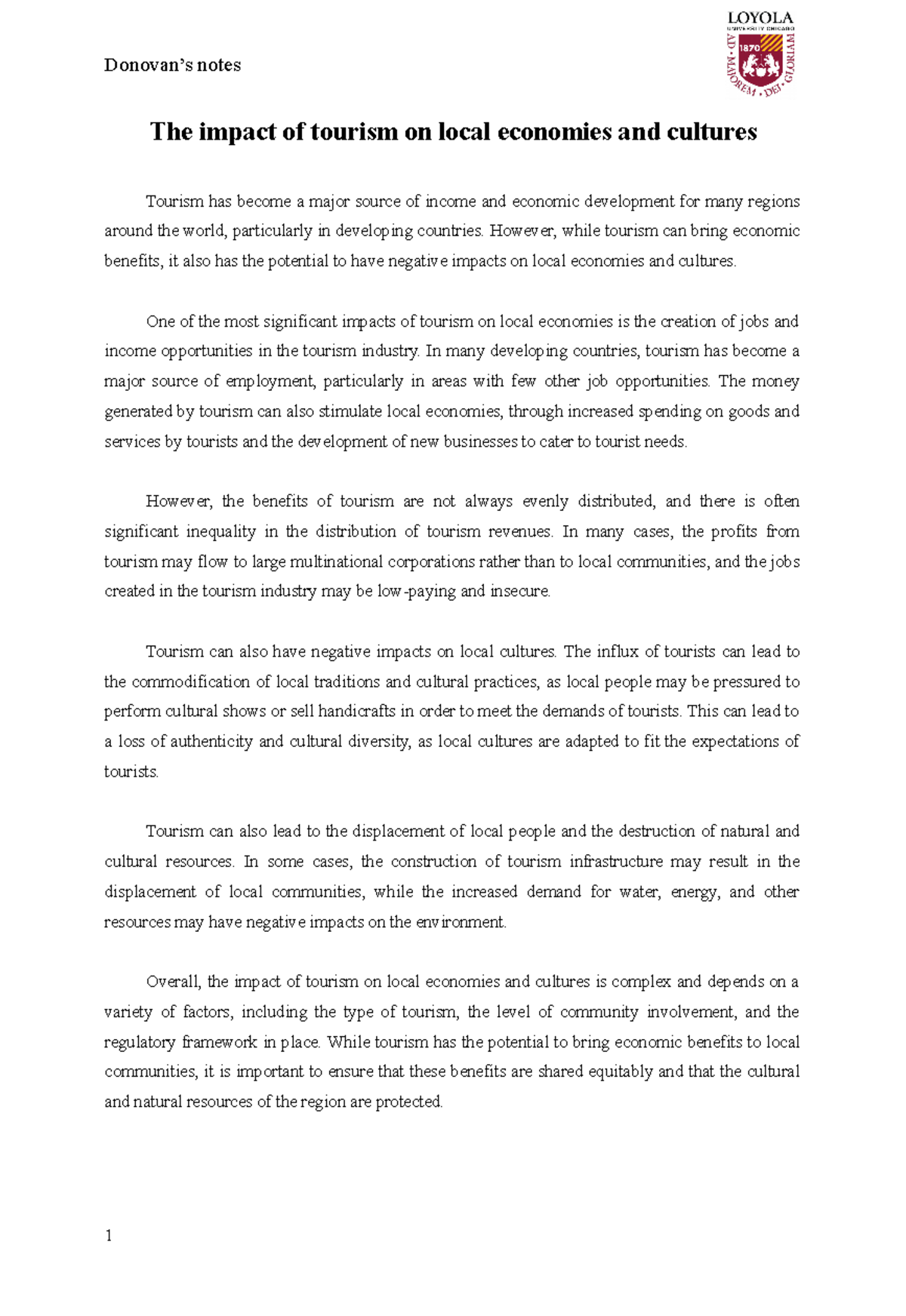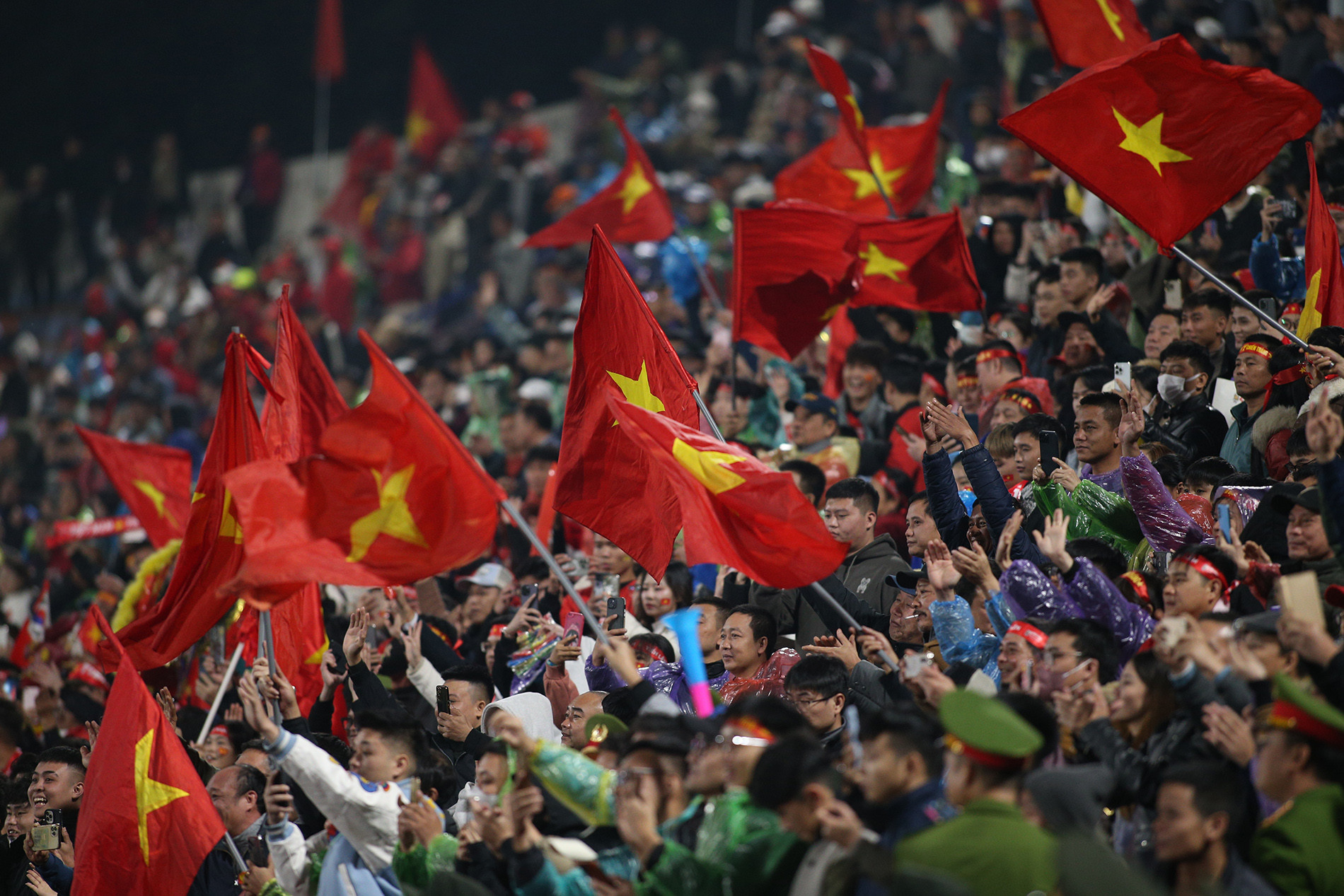World Updates | Update information about politics and social around the world
Vietnam Vs. Singapore: A Clash Of Cultures And Economies
Vietnam Vs. Singapore: A Clash Of Cultures And Economies - an intriguing topic that sparks curiosity about the dynamics between these two vibrant Southeast Asian nations.
Editor's Note: This analysis of "Vietnam Vs. Singapore: A Clash Of Cultures And Economies" is published today, 25th Jul 2023, to provide valuable insights into the contrasting yet interconnected worlds of Vietnam and Singapore. Understanding the complexities of their cultures and economies can empower individuals to make informed decisions when navigating these dynamic regions.
Through extensive research and analysis, we delve into the intricate tapestry of "Vietnam Vs. Singapore: A Clash Of Cultures And Economies." Our aim is to unravel the unique characteristics, similarities, and differences that shape these two countries, offering a comprehensive guide for those seeking a deeper understanding of their multifaceted nature.
Key Differences:
| Aspect | Vietnam | Singapore |
|---|---|---|
| Culture | Collectivist, hierarchical, and influenced by Confucianism | Individualistic, meritocratic, and influenced by Western culture |
| Economy | Growing rapidly, with a focus on manufacturing and agriculture | Highly developed, with a focus on services and finance |
| Government | Communist one-party state | Parliamentary republic |
Key Takeaways:
FAQ
This FAQ section addresses common concerns or misconceptions about the cultural and economic differences between Vietnam and Singapore.

INFOGRAPHIC: China vs the US - a tale of two economies | South China - Source www.scmp.com
Question 1: Which country has a more diverse cultural heritage?
Answer: Singapore. Singapore is known for its vibrant blend of cultures, including Chinese, Malay, Indian, and Eurasian influences. Vietnam, while also diverse, has a more homogeneous cultural identity shaped primarily by its Vietnamese majority.
Question 2: Which country has a higher standard of living?
Answer: Singapore. Singapore consistently ranks among the world's top countries in terms of GDP per capita, life expectancy, and quality of life. Vietnam, while making significant economic progress, still faces challenges in income inequality and poverty reduction.
Question 3: Which country has a more developed economic infrastructure?
Answer: Singapore. Singapore has invested heavily in infrastructure development, creating a sophisticated network of transportation, communication, and energy. Vietnam's infrastructure is still under development, although significant progress has been made in recent years.
Question 4: Which country has a more open and democratic political system?
Answer: Singapore. Singapore has a stable political system based on a parliamentary republic. Vietnam, while making strides in economic liberalization, maintains a one-party communist state.
Question 5: Which country has a more vibrant arts and cultural scene?
Answer: Vietnam. Vietnam has a rich tradition of arts and culture, with renowned contributions in literature, music, dance, and crafts. Singapore, while modern and cosmopolitan, has a relatively newer cultural identity.
Question 6: Which country has a more welcoming attitude towards foreigners?
Answer: Singapore. Singapore is known for its multiculturalism and welcoming environment for expatriates and tourists. Vietnam has also made strides in tourism and foreign engagement, but cultural barriers can sometimes make it more challenging for outsiders to fully integrate.
In conclusion, both Vietnam and Singapore offer unique cultural and economic experiences. Understanding their differences can help visitors, businesses, and investors navigate these diverse societies and foster meaningful connections.
Moving on to the next section, which delves into the specific cultural and economic factors that shape these contrasting nations.
Tips
Exploring the cultural and economic differences between Vietnam and Singapore offers valuable insights for understanding the diverse tapestry of Southeast Asia. By comparing their unique characteristics, we can learn valuable lessons about history, society, and the forces that shape nations.
Tip 1: Study the historical trajectories of both countries.
Vietnam's long history of independence and resistance to foreign influence contrasts with Singapore's status as a former British colony. This historical context influences their respective national identities and foreign policies.
Tip 2: Examine cultural norms and traditions.
Vietnamese culture emphasizes collectivism, respect for elders, and family values, while Singaporean society values individualism, efficiency, and a strong work ethic. Understanding these cultural differences is crucial for effective communication and collaboration.
Tip 3: Analyze economic structures and development models.
Vietnam has a rapidly growing economy driven by agriculture and manufacturing, while Singapore is a global hub for finance, trade, and tourism. Comparing their economic strategies provides insights into different paths to development.
Summary:
Comparative analysis of Vietnam and Singapore highlights the interplay of culture and economics in shaping national identities and development trajectories. Understanding the nuances of each country enriches our global perspective and fosters intercultural appreciation.
For a deeper dive into this fascinating topic, explore the article Vietnam Vs. Singapore: A Clash Of Cultures And Economies
Vietnam Vs. Singapore: A Clash Of Cultures And Economies
Vietnam and Singapore, two Southeast Asian nations, present a fascinating study in contrasts. Despite their geographical proximity, these countries exhibit stark differences in their cultures, economies, and political systems. This essay will explore six key aspects of the Vietnam-Singapore relationship, highlighting the areas where they clash and converge.

Premium Photo | A Clash of Cultures Alderney vs Mexico - Source www.freepik.com
- Cultural Heritage: Vietnam's Confucian tradition contrasts with Singapore's multiculturalism and Western influences.
- Economic Development: Singapore's advanced economy and high standard of living stand in contrast to Vietnam's rapidly growing but still developing economy.
- Political Systems: Vietnam's communist one-party state contrasts with Singapore's parliamentary democracy.
- Social Values: Vietnamese society emphasizes family and community, while Singaporean society places a greater emphasis on individualism.
- Education: Vietnam has a high literacy rate and a focus on STEM education, while Singapore's education system is known for its rigor and emphasis on excellence.
- Foreign Relations: Both Vietnam and Singapore are active in regional and international organizations, but their foreign policy approaches differ based on their respective geopolitical interests.
These key aspects provide a nuanced understanding of the complex relationship between Vietnam and Singapore. While they share certain similarities, their contrasting cultural, economic, and political systems highlight the diversity and dynamism of Southeast Asia. Despite their differences, these two nations have maintained close economic and diplomatic ties, demonstrating the potential for cooperation and mutual benefit even in the midst of cultural and economic diversity.

The impact of tourism on local economies and cultures - Donovan’s notes - Source www.studocu.com
Vietnam Vs. Singapore: A Clash Of Cultures And Economies
"Vietnam Vs. Singapore: A Clash Of Cultures And Economies" delves into the fascinating dynamics between these two Southeast Asian nations, exploring the profound differences and intriguing parallels that shape their societies and economies.

Ticket frenzy: Vietnam vs. Singapore match sparks resale market surge - Source vietnamnet.vn
At the heart of this clash lies a captivating juxtaposition of cultures. Vietnam, steeped in ancient traditions and communal values, stands in contrast to Singapore's modern, cosmopolitan outlook and emphasis on individualism. These cultural disparities manifest in various aspects of daily life, from family structures and social norms to artistic expression and religious beliefs.
The economic landscapes of Vietnam and Singapore further accentuate their divergent paths. Vietnam, a rapidly developing socialist-oriented economy, is characterized by a vibrant entrepreneurial spirit and a growing middle class, while Singapore has emerged as a global financial hub, renowned for its free-market principles and highly skilled workforce. The interplay between these contrasting economic models offers valuable insights into the diverse trajectories of Southeast Asian economies.
Understanding the cultural and economic differences between Vietnam and Singapore is of paramount importance, as it allows us to appreciate the complexities of these nations and the broader region. It also highlights the challenges and opportunities that arise from the interaction of distinct societies and economic systems, providing valuable lessons for policymakers and businesses alike.
Vietnam and Singapore: A Comparative Table
| Vietnam | Singapore | |
|---|---|---|
| Culture | Traditional, communal values | Modern, cosmopolitan outlook |
| Economy | Developing socialist-oriented economy | Global financial hub with free-market principles |
| Government | Communist party-led government | Parliamentary republic |
| Society | Collectivist society with strong family ties | Individualistic society with emphasis on meritocracy |